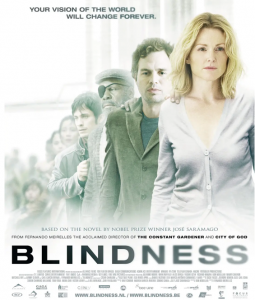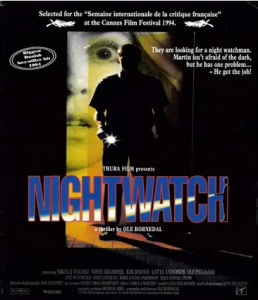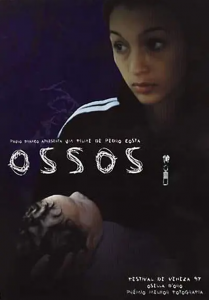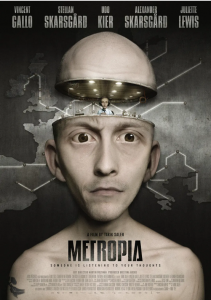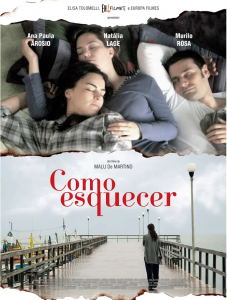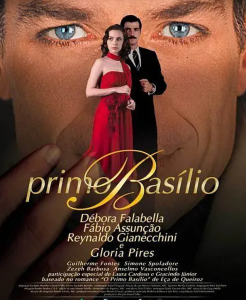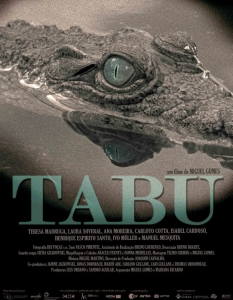Seeing the Unseeable: Revisiting Blindness – Fernando Meirelles’ Dystopian Mirror for a Post-Pandemic World
When an epidemic of sightlessness collapses civilization, this 2008 allegory exposes how quickly humanity’s veneer crumbles – and why its lessons scream louder in 2025 Fernando Meirelles’ Blindness (2008) – adapted from Nobel laureate
Jungle Terror & Cinematic Legacy: Revisiting Anaconda – The 1997 Creature Feature That Redefined B-Movie Excess
When Jennifer Lopez faced a digital serpent in the Amazon, no one predicted this schlocky thriller would become a blueprint for modern creature-feature capitalism In 1997, director Luis Llosa unleashed Anaconda upon unsuspecting audiences
Claustrophobia & Moral Rot: Revisiting Nattevagten – Denmark’s Defining Psychological Thriller
When a law student’s nightshift in a morgue becomes a descent into madness, this 1994 masterpiece exposes the darkness lurking within institutional power Ole Bornedal’s Nattevagten (Nightwatch, 1994) remains a cornerstone of Scandinavian noir,
Suffocation and Flickers: Ossos – Pedro Costa’s Poetics of Poverty and the Human Trial
When a baby’s cry echoes through Lisbon’s slums, the film captures not just despair – but the shattered remnants of lives beneath capitalism’s gears In 1997, Portuguese auteur Pedro Costa’s Ossos (Bones) ripped open
Bloodstained Ideals: Flame & Citron – A Brutal Deconstruction of Patriotism
When gun barrels point at “traitors,” the shooters discover they’re mere pawns in a political chess game In 2008, director Ole Christian Madsen dissected WWII Denmark’s darkest nerve with Flame & Citron. This
Subway-Dwellers and Flickering Humanity: Metropia – An Uncannily Prescient Dystopian Fable
As our 2024 energy-crisis world mirrors its vision, this obscure Nordic animation casts sharper shadows than ever In an era where subway networks sustain global cities, revisiting the 2009 sci-fi animation Metropia feels like
Arboreal Metaphors and Existential Growth – A Cinematic Exploration of Heartbreak and Self-Rediscovery
The cinematic landscape frequently employs arboreal symbolism to explore human vulnerability, but few works utilize this metaphor as poignantly as Como Esquecer in its examination of romantic dissolution and psychological reconstruction. Through its layered
Deconstructing Moral Hypocrisy: A Critical Examination of Female Agency in “O Primo Basílio”
Eça de Queirós’ 19th-century novel adapted into various screen versions presents a fascinating case study in moral ambiguity through its protagonist Luísa. This analysis seeks to challenge conventional sympathetic readings of the
“Nadie Nos Mira”: The Invisible Struggle in an Age of Ubiquitous Dreams
Alejandro Chomski’s Nadie Nos Mira (2017) presents a hauntingly familiar narrative about modern existential displacement – a story that resonates with anyone who has ever chased dreams into the indifferent embrace of a metropolis.
Taboo and Transcendence: A Cinematic Exploration of Forbidden Love in Miguel Gomes’ “Tabu”
Miguel Gomes’ 2012 film Tabu is a haunting meditation on love, memory, and the inescapability of desire, framed through a narrative structure that blurs the boundaries between reality, myth, and cinematic artifice. Divided into
